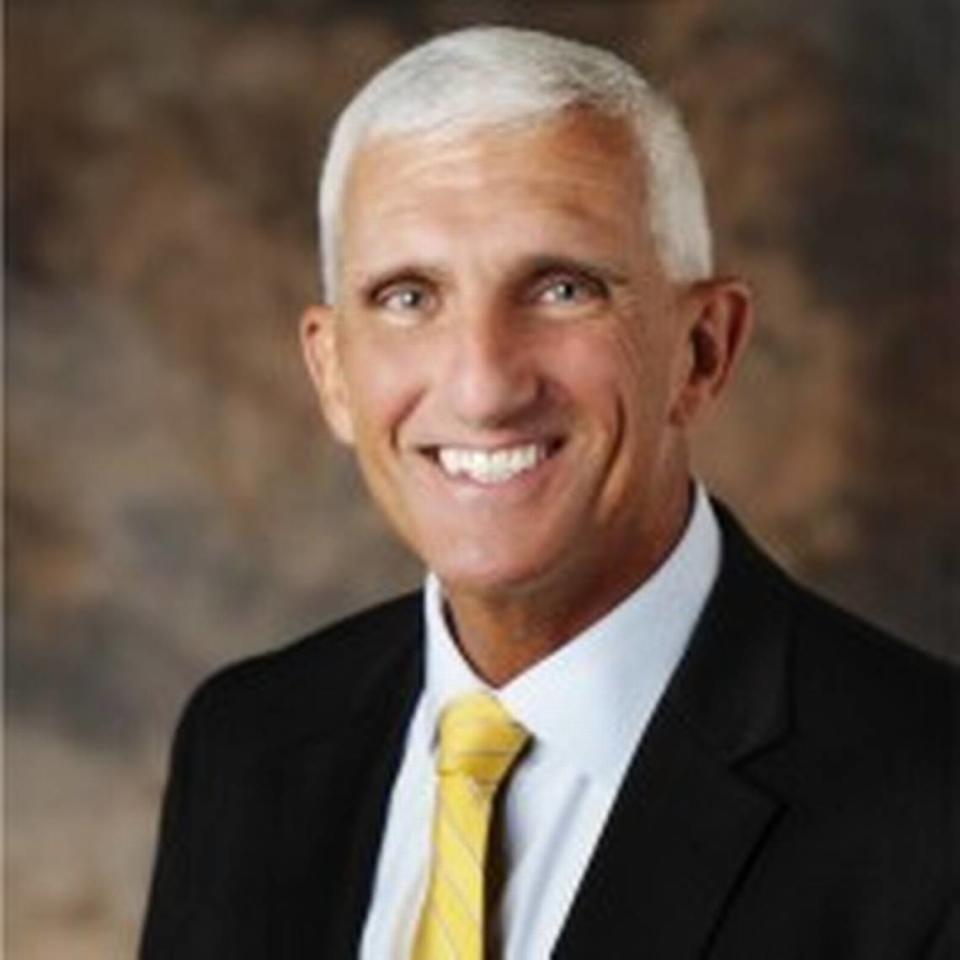Florida’s anti-solar bill helps Vladimir Putin. DeSantis should veto it | Opinion
For those of us who spent most of our professional lives in the U.S. Armed Forces, Russia’s invasion of Ukraine was not a complete surprise. When I served as the commanding general of the United States Army-Europe, Vladimir Putin’s expansion was something we tracked and reported on daily, given his invasion of Georgia in 2008, his takeover of Crimea and the Donbas in 2014, and his other adventures in Moldova and Azerbaijan.
We also understood why the world let Putin get away with it. The Europeans — and to a lesser degree the U.S. — depended on Russian fossil fuel. In the last three weeks, we have managed to cripple Russia’s economy, which is almost singularly based on its oil and natural gas industry. In the future, many nations, the U.S. included, must find ways to exploit alternative energy sources.
Which brings me to the ludicrous decision Florida Gov. Ron DeSantis appears poised to make. He is likely to sign HB 741, which would negatively affect the solar industry and eliminate any incentive for individual Floridians to generate their own power at a time when we should be finding ways to expand homegrown energy. To a degree, Florida’s decision to rapidly curtail available and cheaper domestic energy sources gives Putin money in his pockets and leverage over the West.
Selling excess power
Under current Florida law, homeowners and small business owners who power their homes and businesses through solar essentially sell the excess power they generate back to their utility, like Florida Power & Light or Duke Energy. That stands to reason; the individual homeowners and small business people created something valuable. There should be an advantage in the value they create.
How do I know this? When I retired in Orlando eight years ago, we put solar panels on our new house. We did this partly because we had lived in Europe for 10 of our last 12 years serving the military, and we saw how European nations — whose heating bills are astronomical and who are paying the equivalent of about $9 dollars per gallon of gas — were turning to alternative energy sources. Europeans don’t just put panels on houses; they also put them on barns, in huge solar fields, and on every large warehouse and parking garage. Most of those countries are often rainy and cold, but they are finding the value of going solar.
When we put solar panels on our home, our electric bills were cut by two-thirds. With tax exemptions we paid for the panels in just a few years. And returning power to the grid while we were paying less gave us the knowledge that we were contributing to the community and an improved environment. In sunny Florida, we always wondered why most of our neighbors didn’t do the same.
In all likelihood, HB 741 would significantly reduce the demand for rooftop solar power generation in Florida, taking roughly 1.5 million kilowatt hours of energy offline each year. Taking that energy raises global energy prices while giving America less flexibility during global disruptions like we are experiencing now. It would contribute to higher global energy prices, which, in turn, help the Russian treasury and the Russian military.
I am not suggesting that HB 741’s proponents support Putin’s criminal actions. I am suggesting that any claim that rooftop solar is regressive (which is a dubious claim, as most Florida rooftop solar users make less than $100,000 a year) is counter-intuitive.
Yet impact matters more than intent. I believe that fact, coupled with the devastating impact HB 741 will have on individuals, churches, and businesses, is why 84% of Floridians support net metering, according to a February Mason-Dixon poll. That DeSantis would pick this moment to support this is baffling. If he wants to be on the right side of history, Floridians, and our environment, he must veto HB 741.
Mark Hertling is the retired commanding officer of the United States Army in Europe. He lives in Florida.


